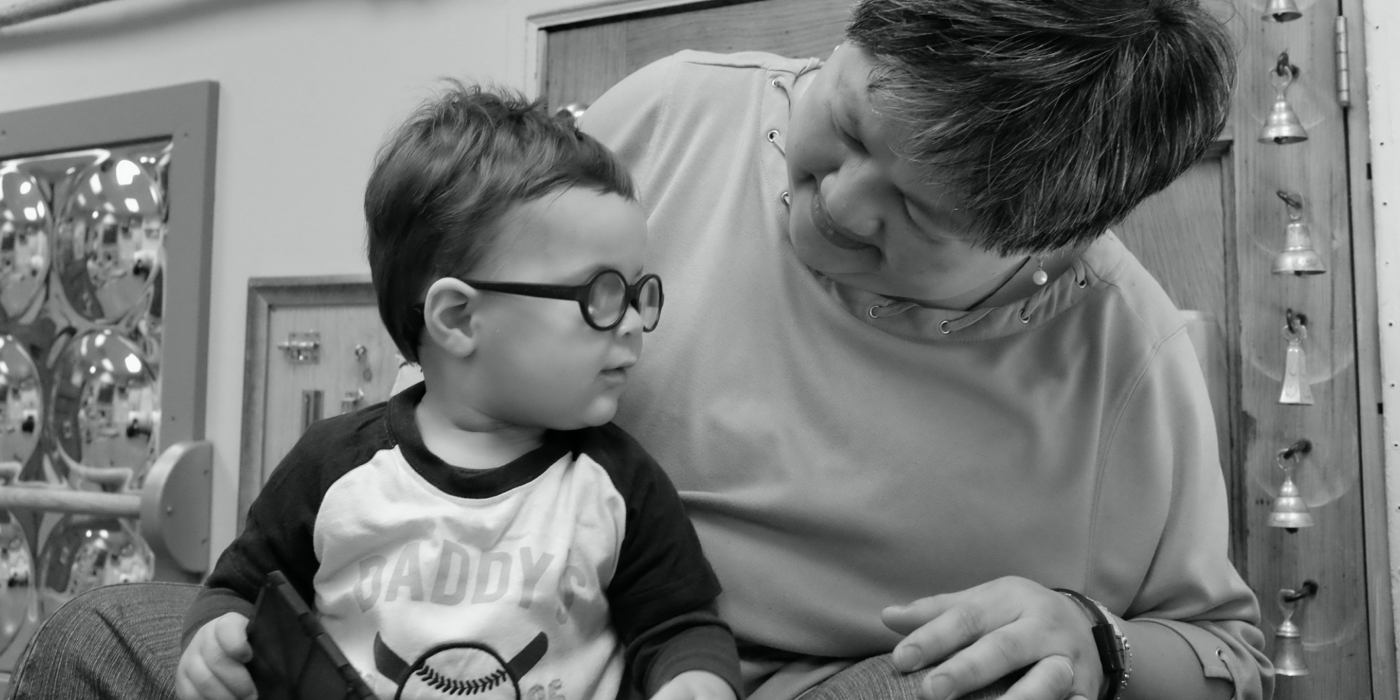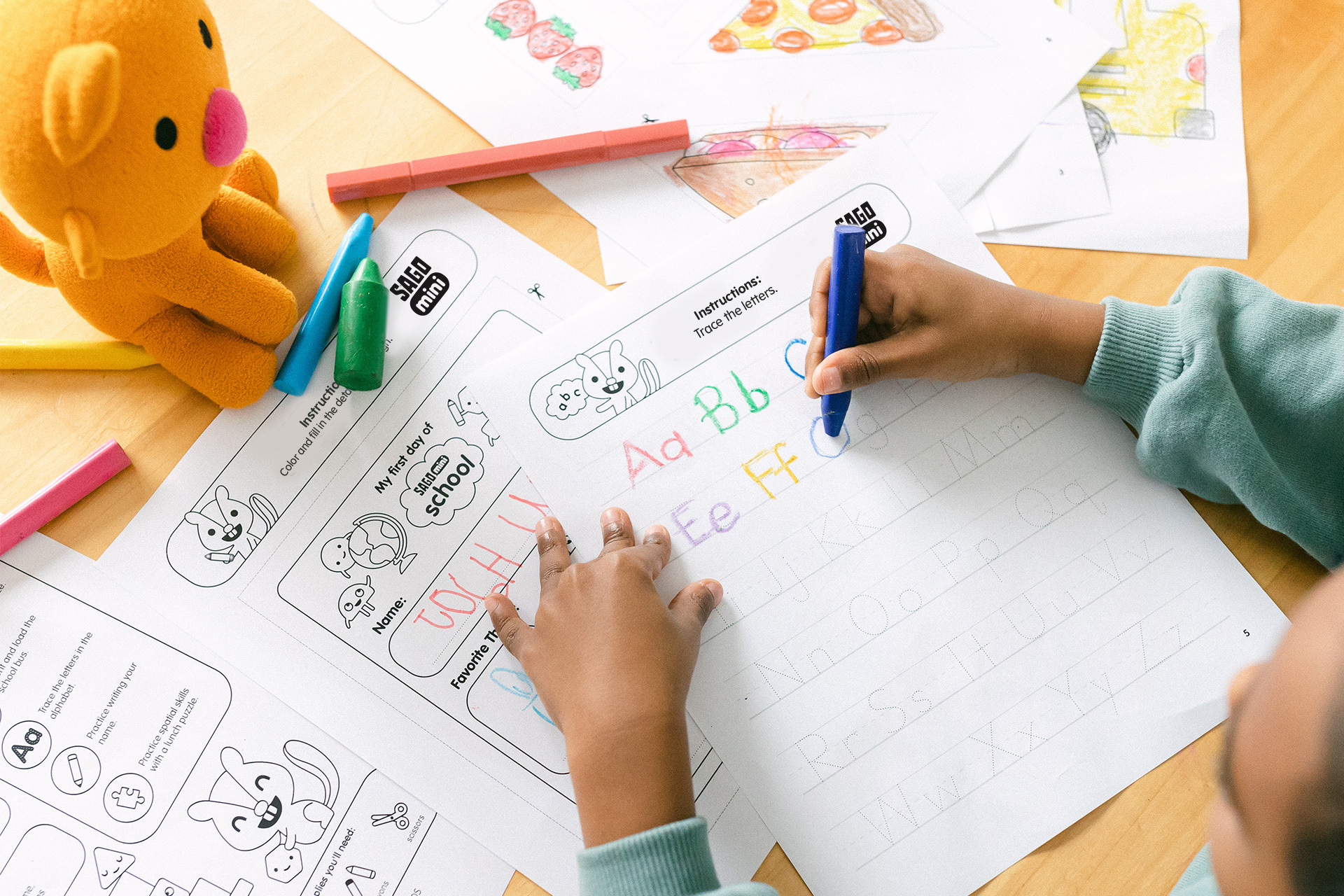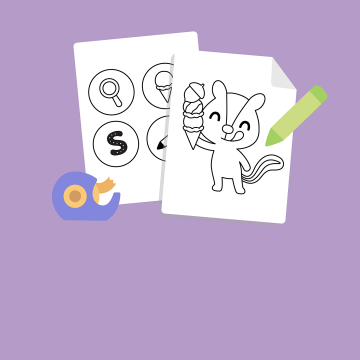- The Fine Art of Questioning

Humans, young and old, are experience-based learners. Our brains wire and rewire based on our experiences (called forming new synaptic connections!) so it makes sense that infants and toddlers learn by taking in everything around them. Every time they have a new experience, a new synaptic connection is formed. Catch their reflection in the mirror? New connection formed. Try a new food? There’s another one.
Now, here’s where we as adults come in. Our children rely on us for everything, and that includes helping them learn. It is up to us to expose them to the kind of experiences that promote healthy brain growth — but have no fear, these are things you’re probably doing already! Simple everyday actions like reading, singing, and talking are some of the best ways we can support brain development. But while you’re at it, do you know about questioning?
Questions hold serious power! When we ask our children questions we are supporting critical thinking, language skills, and encouraging them to develop a deeper understanding of the world around them. We’re all familiar with answering and asking questions with our kids, but certain questions are better at encouraging brain development than others. There are a few levels to consider — let’s pretend our child is playing with blocks, and go through the process together.
Remember
The first level of questioning, these types of inquiries will ask a child to name or identify something. They generally only have one answer, and require your child to call a fact up from memory. While this level of questioning may be the “easiest”, it’s important to note that children under three often struggle with abstract concepts so this is a great place to start! You can always follow it up with a more complex question later.
Ex. What are you playing?
Understand
The next level of questioning is more open-ended, encouraging your child to discuss, expand upon or summarize something. This level requires an understanding of detail and a richer vocabulary than the first level — perfect for slightly older children.
Ex. Can you describe what you’re building?
Apply
This level encourages a child to apply prior learnings and knowledge to their current situation.
Ex. How can you make sure your building won’t fall?
Analyze
This next level of questioning asks for children to hold multiple concepts in mind at once, and identify the similarities and differences between them.
Ex. How is this building different from the one you built over there?
Evaluate
When we hit the evaluating stage you’ve hit some serious higher-order questioning. When we ask a child to express an opinion, criticize or judge something it means that they have to be informed enough to express their thoughts. They’ll also need to be able to recall interactions with the topic at hand and analyze the data they’ve collected.
Ex. What do you think will happen if we add some more blocks to the top?
Create
In this final stage of questioning, you’re not only encouraging deeper understanding of the topic, but also fostering creativity. By asking a child to create, they’ll need to gather all the information they previously learned and then think about how to apply it to a physical form.
When you are finished let’s use clay to recreate your block building.
While these series of questions seem simple, the impact they have on a developing brain is huge. So next time your child is engaging in play take the opportunity to make it a teachable moment and ask them rich questions making that play even more impactful.


